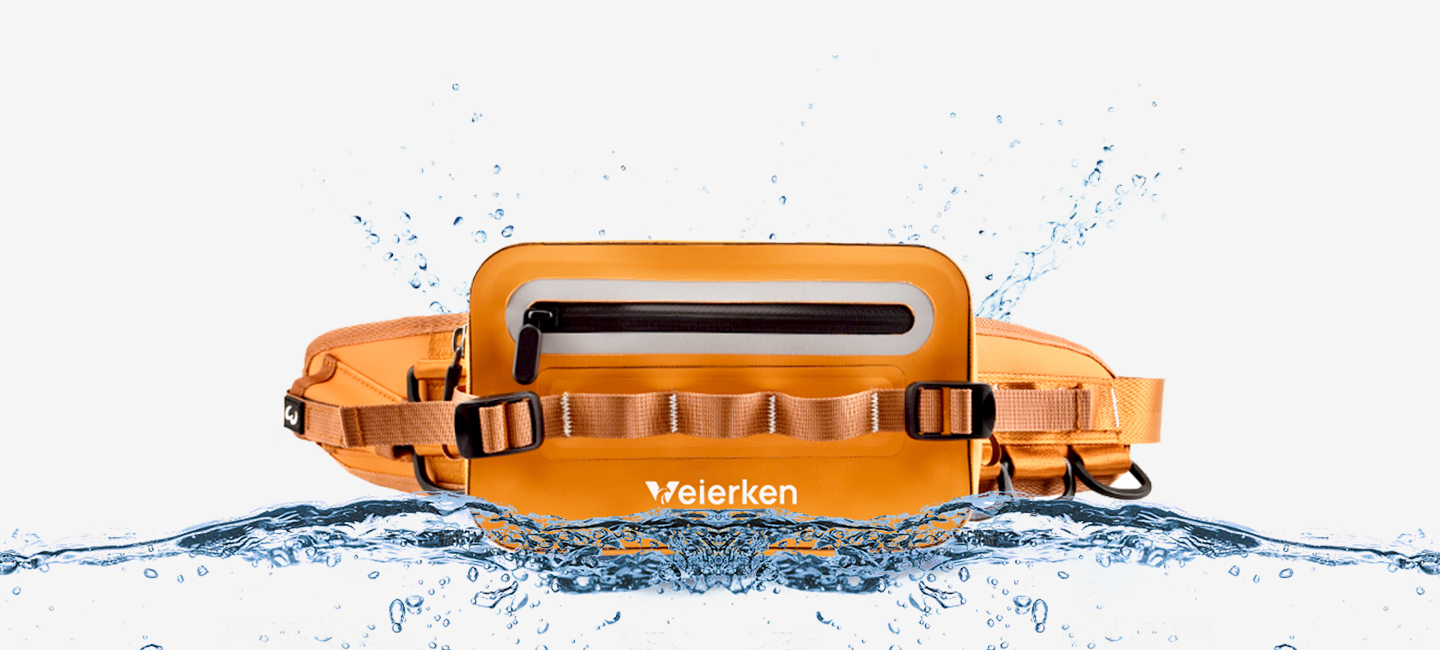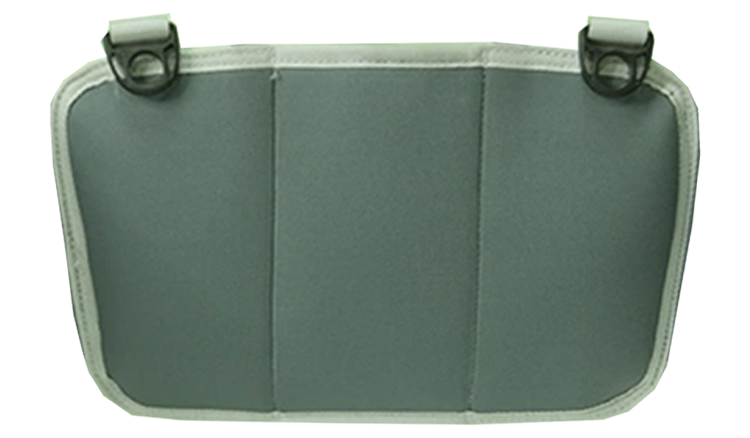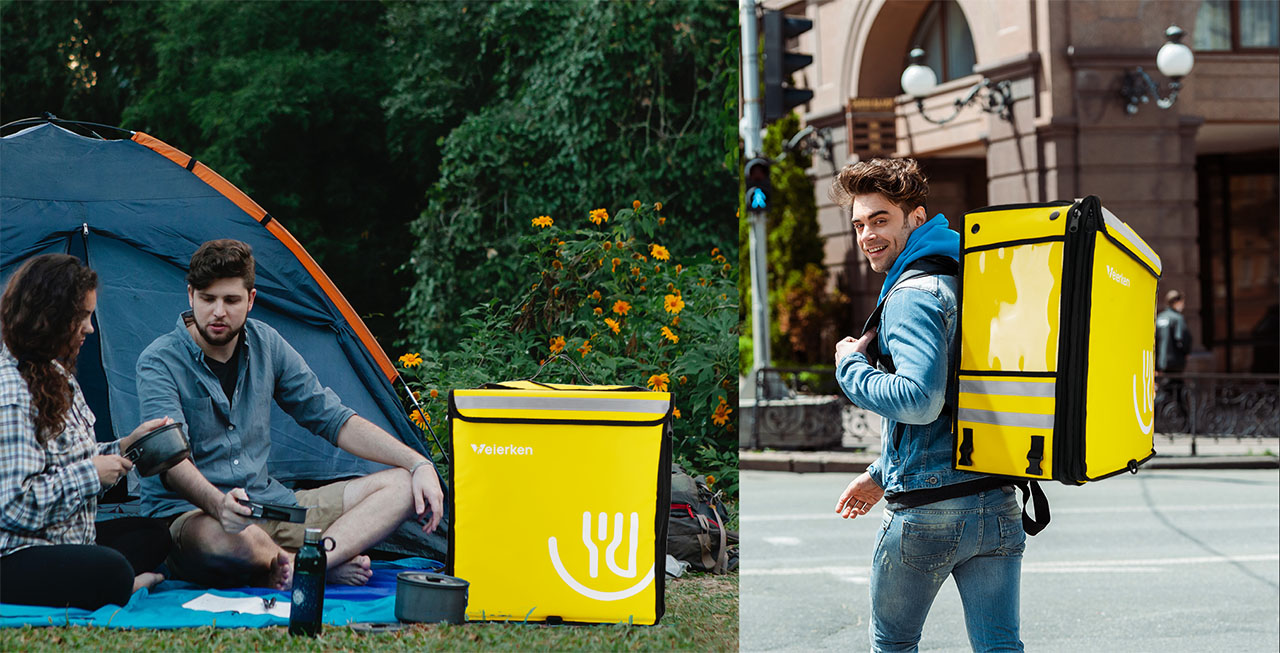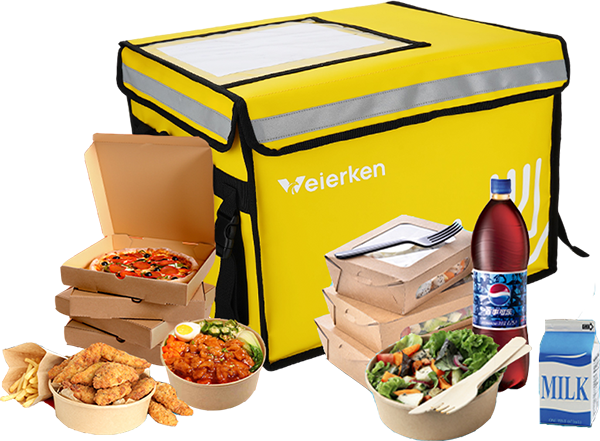Let’s be honest. The waist pack market is saturated. For brands and retailers, the difference between a blockbuster product line and a warehouse full of dead stock often comes down to one critical decision: your waist pack distributor. This isn’t just a vendor; it’s an extension of your business, a partner in your growth. A high-performance partner ensures your products are innovative, well-made, and delivered on time, every time. A low-performer? They can sink your reputation.
For companies like ours at Weierken, navigating this partnership landscape is fundamental to our strategy. It’s about more than just moving units; it’s about building a brand that stands for quality and reliability. This checklist isn’t theoretical—it’s a field-tested guide to selecting a distributor that will be a true asset, not a liability.

1. Supply Chain Reliability & Production Capacity Assessment
Before you even look at a sample, you need to look under the hood. A distributor’s ability to deliver consistently is the bedrock of your operation. You need a partner whose supply chain is a well-oiled machine, not a house of cards.
How to Evaluate Production Stability and Delivery Lead Times
Don’t just take their word for it. Ask for data. Request historical records of on-time delivery rates. Inquire about their raw material sourcing—are they single-sourced for key components, which creates risk, or do they have multiple vetted suppliers? A reliable waist pack manufacturer backing the distributor will have transparent processes.
Key Metrics: Production Scale, Line Flexibility, and QC Systems
- Production Scale: Can they handle your volume, not just at launch but during peak season surges? A small workshop might offer great pricing but fail you during the holiday rush.
- Line Flexibility: How quickly can they switch between product types or introduce a new design? This agility is crucial for responding to fast-moving fashion trends.
- Quality Control Systems: Ask about their in-line and final inspection protocols. Do they use AQL (Acceptable Quality Level) standards? A robust QC system embedded from the start is what sets a superior waist pack distributor apart.
2. Product Quality & Material Standards
In the world of high-performance waist packs, “good enough” is never enough. The market demands durability, functionality, and aesthetic appeal, all dictated by the materials and construction.
Core Materials and Craftsmanship for High-Performance Waist Packs
Discuss specifics. Are we talking about high-denier ballistic nylon for abrasion resistance, or lightweight TPU for a sleek, modern look? What about the zippers—YKK or equivalent? The buckle hardware—is it durable polycarbonate or cheap, brittle plastic? The stitching—is it reinforced at stress points? A partner like Weierken prioritizes these material conversations from the outset, ensuring every component meets a high standard.
Verifying Quality Control Processes and Compliance Certifications
A claim of “high quality” is meaningless without proof. A credible partner will openly share their quality control reports and hold relevant certifications.
- ISO 9001: Demonstrates a commitment to consistent quality management.
- BSCI (Business Social Compliance Initiative): Indicates ethical treatment of workers, which is intrinsically linked to stable, high-quality production.
Always verify these certificates and, if possible, conduct a third-party audit.
3. Distribution Policies & Partnership Models
The fine print matters. The terms of your agreement can either foster a prosperous long-term relationship or create a constant source of friction.
Analyzing Cooperation Terms: MOQ, Payment, and Territory Protection
- Minimum Order Quantity (MOQ): Is the MOQ feasible for your business size? A good waist pack supplier will offer scalable MOQs, allowing startups to grow without being stifled by unrealistic initial demands.
- Payment Terms: Are they flexible? Standard terms might be 30% deposit, 70% before shipment, but some partners may offer better options for established relationships.
- Territory Protection: This is critical. Does the distributor guarantee you exclusivity in your region, or will they be selling the same product to your direct competitors?
Choosing a Partner for Long-Term Brand Growth
Look for a distributor who asks about your 5-year plan. They should be interested in your brand’s vision and show a willingness to grow with you, adjusting terms as your business scales.
4. Market Responsiveness & Design Support
The ability to react to trends and collaborate on design is a massive competitive advantage. Your distributor should be a source of innovation, not just a fulfillment center.
Rapid Prototyping and Customization Capabilities
How long does it take them to turn a CAD drawing into a physical sample? A partner with in-house design and prototyping teams can drastically shorten your time-to-market. This is where a waist pack manufacturer with strong R&D can be a game-changer.
Case Study: Co-developing a Market-Ready Product Line
Consider a brand that identified a trend for sustainable, vegan-friendly waist packs. They partnered with a distributor who not only sourced recycled PET fabric but also collaborated on a design that incorporated zero-waste cutting techniques. The result was a unique product line that captured a niche market and generated significant press, a success achieved through true partnership.

5. After-Sales Service & Risk Management
What happens when things go wrong? Your distributor’s response to problems is the ultimate test of the partnership.
Establishing a Supplier Evaluation & Contingency System
Create a scorecard. Regularly rate your distributor on communication, delivery, and quality. More importantly, discuss “what-if” scenarios. What is their protocol for a production line breakdown? How do they handle a last-minute shipping delay? A proactive waist pack distributor will have contingency plans.
Protecting Interests with Contractual Agreements
Your contract must be clear on liability for defective goods, procedures for returns and replacements, and protocols for resolving disputes. It’s not about anticipating failure; it’s about ensuring a fair and efficient resolution if it occurs.
6. Brand Synergy & Marketing Support
The best distributors act as force multipliers for your marketing efforts. They don’t just sell to you; they help you sell through to the end consumer.
Brand Co-building and Marketing Resource Allocation
Does your distributor have a marketing team? Do they offer co-op advertising funds? Will they provide high-quality product photography and video assets? Do they have relationships with influencers or media in your industry? For Weierken, a distributor that understands our brand ethos and actively helps promote it is invaluable.
Case Study: Successful Co-branding and Channel Promotion
An outdoor apparel brand partnered with their distributor to launch an exclusive, co-branded waist pack. The distributor leveraged their existing retailer network to secure premium shelf space and organized a joint social media campaign. The collaboration doubled the expected sales, benefiting both parties.
7. Sustainability & Corporate Social Responsibility (CSR)
Today’s consumers and B2B partners are increasingly making decisions based on values. A distributor’s commitment to ESG (Environmental, Social, and Governance) is no longer a “nice-to-have”; it’s a business imperative.
Evaluating Environmental and Labor Practice Compliance
Go beyond basic compliance. Ask about their waste management, use of renewable energy, and water recycling. Inquire about factory working conditions and fair wage policies. The modern waist pack supplier must be able to answer these questions confidently.
Integrating ESG Standards into Your Selection Process
Formalize this. Make ESG a weighted category in your distributor evaluation matrix. Request documentation such as carbon footprint reports or social accountability audits. Partnering with a socially responsible company mitigates risk and enhances your own brand’s image.
Selecting the right waist pack distributor is a complex, multi-faceted process that demands due diligence. It’s an investment of time that pays dividends in growth, stability, and brand equity. By applying this 7-point checklist, you move beyond price-based decisions to value-based partnerships. You find a collaborator who is as committed to quality and innovation as you are—a principle that guides every partnership at Weierken. Your distributor should be the stable, powerful engine that drives your brand forward, allowing you to focus on what you do best: building a lasting connection with your customers.
Frequently Asked Questions (FAQs)
Q1: What is the main difference between a waist pack manufacturer and a waist pack distributor?
A1: A waist pack manufacturer is responsible for the physical production of the goods, handling materials, machinery, and factory labor. A waist pack distributor typically acts as an intermediary that may work with manufacturers to source, stock, and sell products to brands or retailers. Some large distributors also have their own manufacturing capabilities, offering a more integrated service.
Q2: How important is Minimum Order Quantity (MOQ) when choosing a distributor?
A2: MOQ is critically important, especially for growing brands. An excessively high MOQ can strain your cash flow and inventory management. A flexible waist pack distributor will offer scalable MOQs that align with your business stage, allowing you to place smaller, more frequent orders as you test the market and grow organically.
Q3: What key certifications should I look for in a reputable waist pack distributor?
A3: Prioritize distributors whose manufacturing partners hold ISO 9001 for quality management and BSCI or similar for social compliance. For product-specific claims like water resistance, look for test reports. For materials, certifications like GRS (Global Recycled Standard) for recycled content are a strong indicator of a commitment to sustainability.
Q4: How can I verify a distributor’s claims about their supply chain reliability?
A4: Always ask for verifiable data. Request references from their current clients, ask for historical on-time delivery reports, and inquire about their contingency plans for supply chain disruptions. If feasible, an onsite audit of their primary manufacturing facility provides the most transparent view of their operational stability.
Q5: What should I do if there is a quality issue with a shipment from my waist pack distributor?
A5: A professional waist pack distributor will have a clear, predefined Returns Merchandise Authorization (RMA) and quality dispute process outlined in your contract. Immediately document the issue with photos and videos, and formally notify your account manager. The partnership contract should specify the responsibilities for covering the cost of replacements, repairs, or refunds for defective goods.





